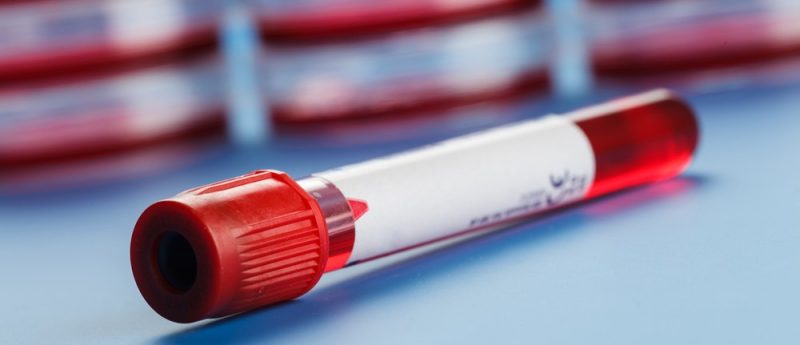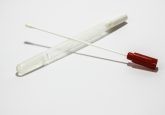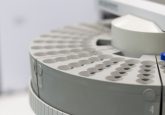Novel autoantibody biomarkers may aid Crohn’s disease diagnosis

Researchers from the Mayo Clinic and Arizona State University Biodesign Institute (both AZ, USA) have identified several autoantibody biomarkers, present in blood, which can be utilized to distinguish between patients with Crohn’s disease and controls. This could lead to earlier diagnosis of Crohn’s disease through a simple blood test.
The study, published in the Journal of Crohn’s and Colitis, was led by Josh LaBaer, the Biodesign Institute’s interim executive director, and Ji Qiu, Associate Professor Research (Arizona State University), and compared the serum samples of 48 patients affected by Crohn’s disease with 48 healthy controls who were matched by age and gender. The team identified a number of autoantibody proteins present in blood that were potential biomarker candidates unique to Crohn’s disease.
There has been increasing evidence that Crohn’s disease has an effect on the immune system, although the mechanism is still unknown. Qiu commented on the hypothesis that “the Crohn’s disease immune response may be a result of altered microbes in the gut or exposure to harmful toxins that will result in antibodies against microbial and human proteins being made that are a very specific manifestation of the disease.” This makes autoantibodies an area of interest for biomarker discovery.
Discussing the importance of the study, LaBaer stated, “If we are going to truly alter the natural history of Crohn’s disease and help people, we need to develop a new test for early, accurate diagnosis, as well as administrating appropriate therapy.”
Previously, Crohn’s disease was difficult to diagnose, often requiring the use of MRI scans, invasive biopsies or extensive symptom logging. This resulted in patients not receiving the treatment they needed to alleviate the symptoms of the condition. It is therefore hoped that a simple blood test could be utilized for a fast, accurate diagnosis.
“Many blood-based biomarkers have been discovered, but currently commercially available blood tests have not been widely adapted into clinical practice because they fail to accurately diagnose Crohn’s disease,” explained Qiu.
In the study, the IgG and IgA classes of autoantibody biomarker candidates were profiled against approximately 1900 human proteins. Each was assessed in terms of sensitivity and specificity using proprietary nucleic acid programmable protein arrays that save time and money by avoiding costly protein purification and instead producing fresh protein each time using stable DNA from the slide.
Overall, it was found that IgG autoantibodies had a higher reactivity than that of IgA autoantibodies, but IgA autoantibodies showed greater differentiation in reactivity for distinguishing patients with Crohn’s disease compared to controls. Four IgA autoantibodies were identified with sensitivities above 15% and 95% specificity.
In the future the researchers hope to expand their study, using nucleic acid programmable protein arrays to screen for more autoantibodies to be used as biomarkers for Crohn’s disease, since a panel of biomarkers will result in a more accurate diagnosis. It is also hoped that identifying more autoantibodies could be beneficial from a research perspective in order to develop a better understanding of Crohn’s disease.
Sources: Wang H, Demirkan G, Bian X et al. Identification of antibody against SNRPB, small nuclear ribonucleoprotein-associated proteins B and B’, as an autoantibody marker in Crohn’s disease using an immunoproteomics approach. J Crohns Colitis. doi:10.1093/ecco-jcc/jjx019 (2017) (Epub ahead of print); www.biodesign.asu.edu/news/new-indicators-aid-crohn’s-disease-diagnosis-and-treatment






